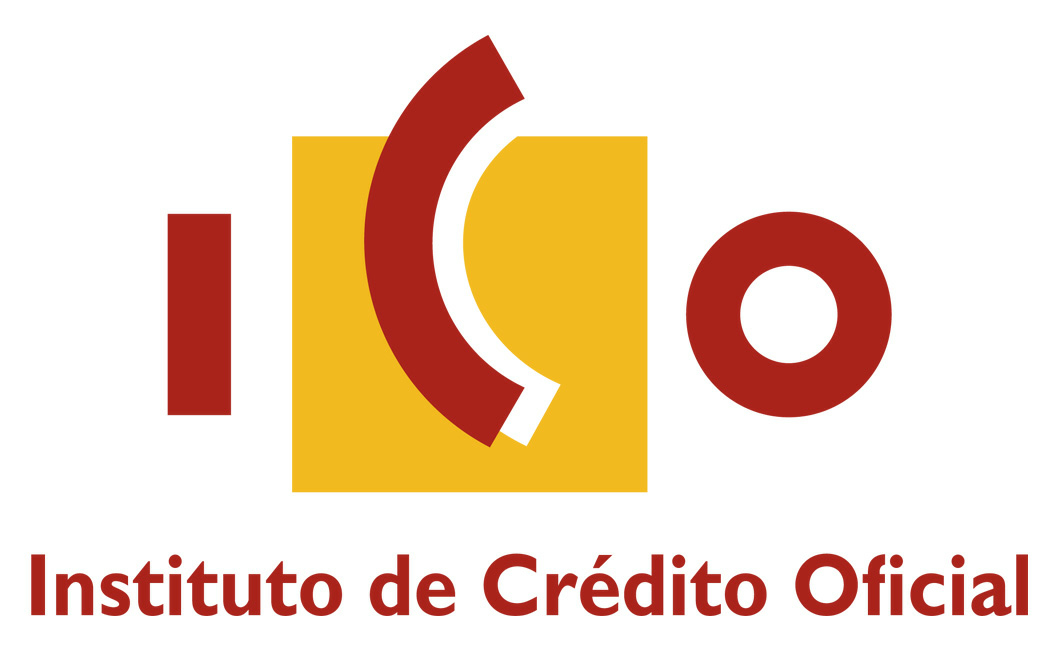Corporate Internationalisation Fund (FIEM)
Background info:
- Fund established under Act 11/2010, June 28, concerning the reform of the financial backing system for the internationalisation of the Spanish enterprise. The fund was initially constituted with all the assets and liabilities of FAD Internationalisation.
- The rules and regulations deriving from the Act are contained in Royal Decree 1797/2010, December 30.
Manager:
- The Ministry of Industry, Tourism and Trade, through the Secretariat of State for Trade.
Financial Agent:
- ICO
Objective:
- To back and foster the internationalisation of the Spanish economy solely on a complementary basis and in no case substituting private market activity.
FIEM resources:
- The funds generated from the fund's own activity: reimbursements of principal and the collection of interest and fees charged on the loans.
- Annual budget allocations assigned to the Ministry of Industry, Tourism and Trade.
Types of operation:
- Of a general nature: the reimbursable financing of projects, in concessionary or market conditions, tied to the acquisition of Spanish goods and services or to the execution of Spanish investment projects or those of national interest.
- In special circumstances:
- Non-tied reimbursable financing.
- Non-reimbursable financing.
- Non-reimbursable contributions or loans to multilateral development bodies or international financial institutions of which Spain is a member and in which there exists a commercial interest.
Special interest for the internationalisation strategy:
- Projects furthering the internationalisation of Spanish small and medium-sized enterprises.
- Projects involving direct investment or the export of goods and services of Spanish origin and production accounting for a sufficiently significant percentage of the financing.
- In the absence of a significant percentage of goods and services of Spanish origin and production, the existence of circumstances justifying classification as being of national interest.
Beneficiaries:
- States; Foreign Regional, Provincial and Local Public Administrations; Foreign Public Institutions; and foreign public and private enterprises and corporate groups and consortiums, both in developed and developing countries.
- In the case of concessionary tied financing: only countries with a GDP per capita of less than US$3,945 (amount).
Not eligible:
- Heavily-indebted countries although, exceptionally, the Council of Ministers may approve reimbursable financing for HIPC at the culmination stage.
- Exceptionally, FIEM financing may also be awarded to international bodies provided that the contribution is of a clear commercial interest.
Amounts financed:
- FIEM may finance up to 100% of the amount involved in the project.
- In some cases, FIEM financing may be completed with:
- Local funds.
- Financing from multilateral development institutions.
- Or, in others, with commercial loans carrying official Spanish backing (MIXED LOAN).
Financial conditions:
- Specific conditions applicable are determined on a case-by-case basis.
Arrangement and administration:
- As the State's Financial Agency, ICO negotiates, signs and administers FIEM financing agreements.
- The agreements are signed with the financial agent designated by the government of the country receiving the loan (Ministry of Finance, Central Bank, public enterprise, beneficiary).
- The financial agent must have its government's sovereign guarantee or any guarantee as may be determined at the time the financing is approved.
Disbursement:
- The financing is disbursed in accordance with the milestones established in the commercial contract signed by the exporter.
- Through a financial institution established in Spain, ICO pays the companies executing the project as they provide the financial institution with documentary proof of the contract's fulfilment.


